Bacteria are often categorized into good and bad types. Good bacteria, or probiotics, are essential for digestion, helping to break down food and making nutrients more available. They also support the immune system by preventing harmful bacteria.
The human body hosts trillions of microbes, most of which are beneficial and contribute to a healthy microbiome balance. Some bacteria synthesize vitamins and other nutrients, aiding our nutritional needs.
While some bacteria can cause diseases, the benefits of good bacteria generally outweigh the risks posed by pathogenic bacteria. Overall, maintaining a healthy balance of these microbes is vital for our overall health.
Is Bacteria Good
Yes, bacteria are good because they play an essential role in the bodies of humans and animals, and in maintaining a healthy environment. Most of us just know about bacteria that they are microscopic creatures that cause infections and diseases in humans and other animals. However, not all bacteria are bad, in fact most are beneficial and necessary for normal body functions.
Why Is Bacteria Good
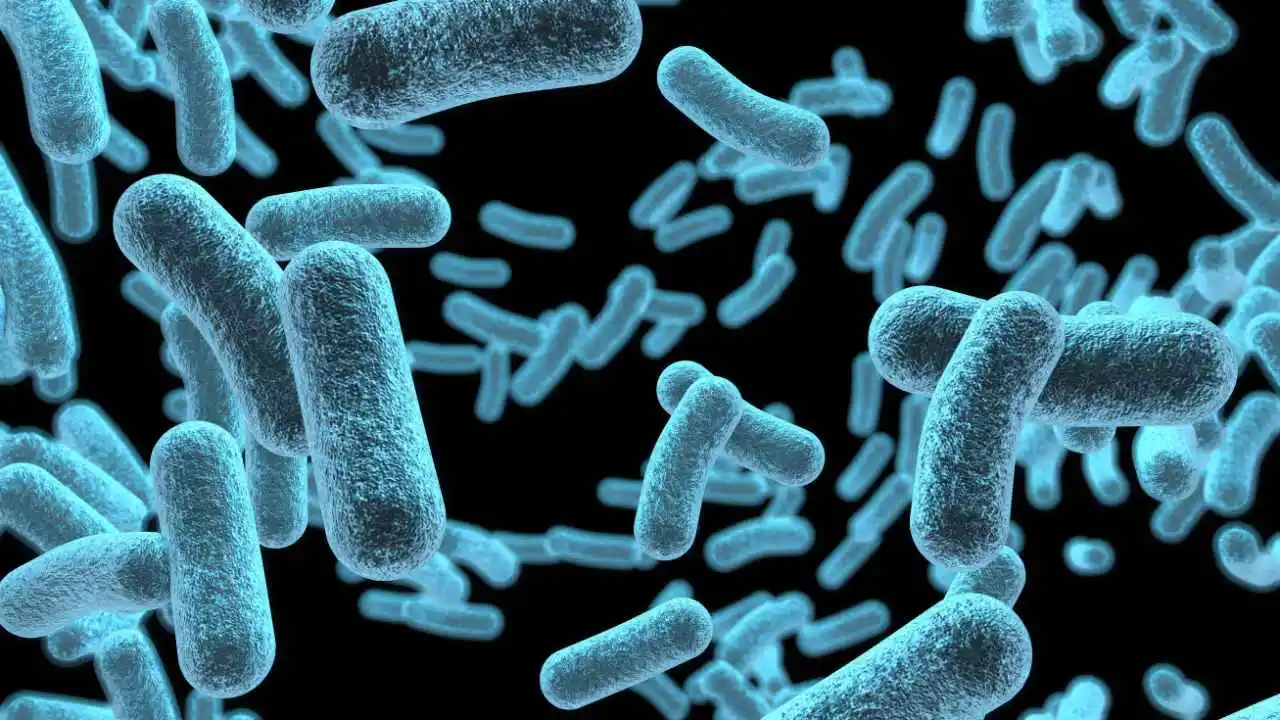
Bacteria are good for many reasons and without these creatures, life on the earth would be very different. Bacteria are microbes that are found everywhere including our body. They are found in the digestive tract of humans and other animals and help in the breakdown of food into its constituents that can be easily absorbed by cells. They also help to maintain the environment and conditions essential for digestion of food. Bacteria are also found in the genital tract where they maintain reproductive health.
Also read: What causes Alzheimer’s disease?
In soil, bacteria degrade dead organic matter and help to maintain soil structure where plants can grow. They also provide nutrients like nitrogen and phosphorus for plants. Bacteria also produce plant growth hormones, auxins and cytokinins. Some species of bacteria are found in the root nodules of some plants, like peas and beans. These bacteria work as fertilizers because they have the ability to fix atmospheric nitrogen that can be absorbed by the plants.
How Is Bacteria Good – What Is Bacteria Good For?
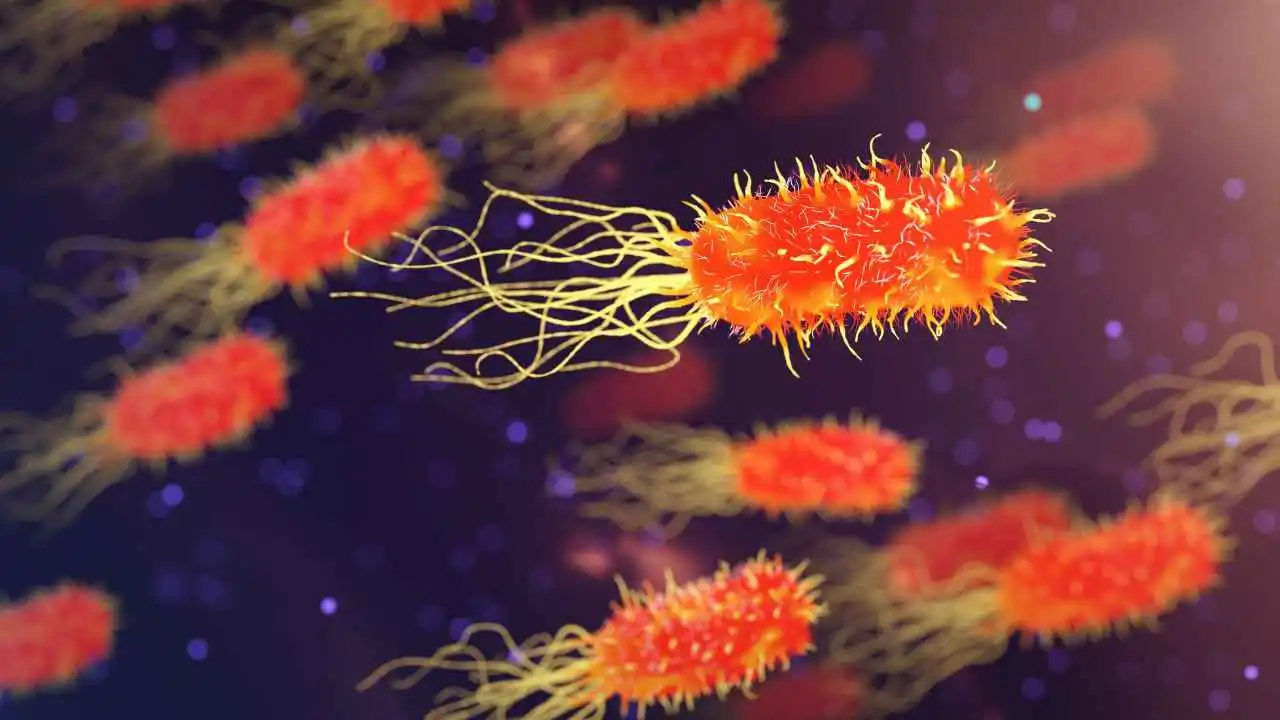
Bacteria are commonly known as disease causing agents, however, not all bacteria are bad. Most are good and perform essential functions in the bodies of animals and in the environment. Without bacteria, our body would not be able to digest food, get nutrients, and fight infections.
🔬 Subscribe to SciMail
Get the latest science discoveries straight to your inbox!
Also Read: Is Cancer caused by a virus or bacteria?
Bacteria and other microbes degrade the dead bodies of animals and plants. In this way, they clean the environment, enhance soil structure and fertility, and contribute to the cycles of nature.
How Is Bacteria Good For Humans
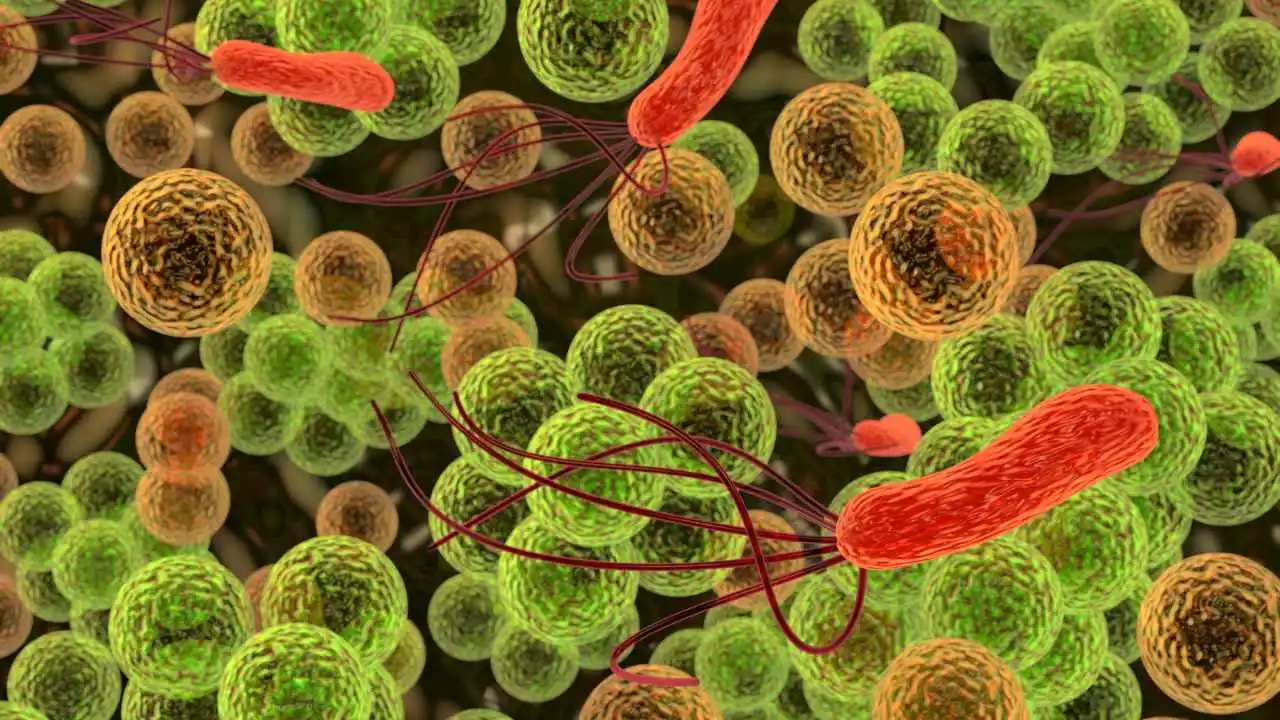
Bacteria are good for humans because of many reasons. An adult human has about 100,000 billions microbes in its body, which makes a weight of about 0.2 kg. Most of these microbes are bacteria, specially those found in the intestines. In a human’s intestines, about 1,200 different species of bacteria are found. They help in the breakdown of food into its basic components and make nutrients available to use.
Bacteria found in the gut produce vitamins, such as biotin, folate, riboflavin, pantothenic acid, thiamine, and vitamin K.
Bacteria also play a wide role in protecting us from infections. Bacteria colonize everywhere in our body that comes in direct contact with the outside environment, including skin, mouth, intestines, upper respiratory tract, and genital tract. They protect the colonized surface from invading pathogens and also help in repairing damaged tissues. Besides that, when a proper amount of good bacteria are present in the body, it keeps bad-bacteria away from getting any chance to grow in the body and cause infections and diseases.
Humans use bacteria in many other ways to produce products, like ethanol, enzymes, and drugs (antibiotics and vaccines). Insulin is artificially produced by bacteria through a process, in which a gene that codes for insulin is inserted into the bacteria, which then prepares insulin. Bacteria are also used in gene therapy to transfer normal genes into human cells to treat a certain disease.
Bacteria are also used to prepare fermented foods (cheese, yogurt, pickles, and sauerkraut), to produce biogas (methane), to clean up toxic wastes and oil spills, and to kill plant pests.

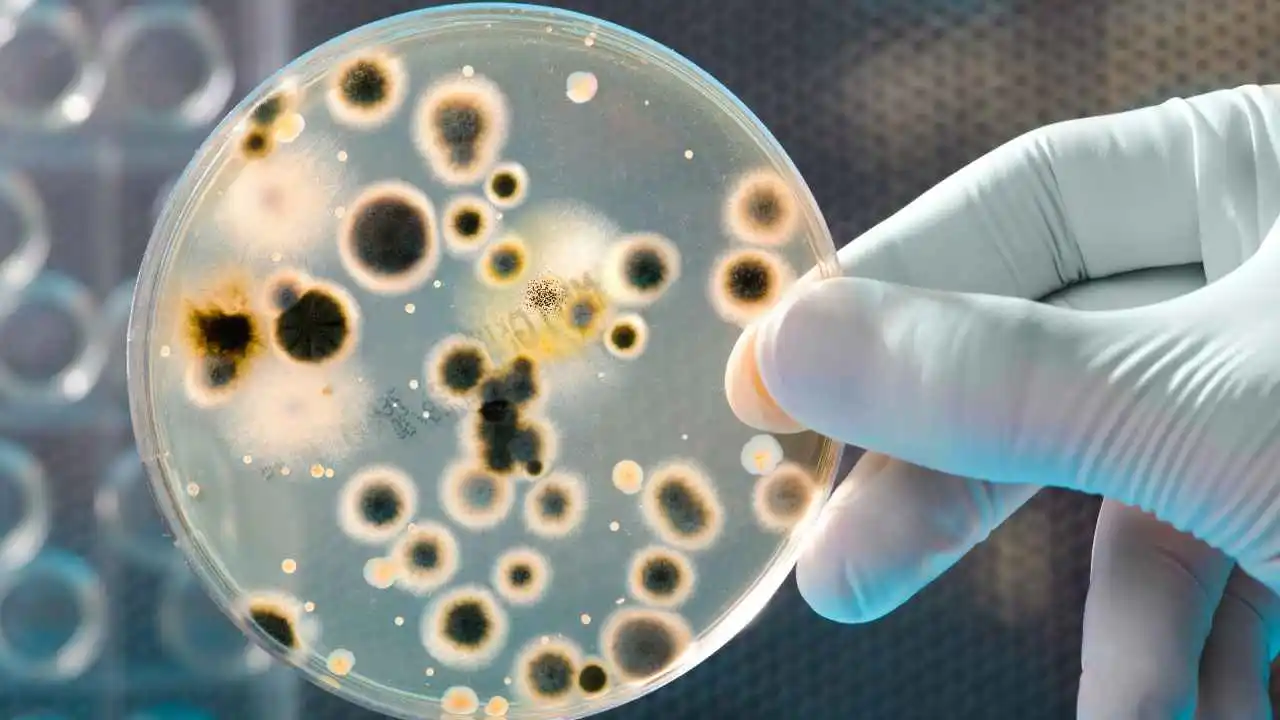
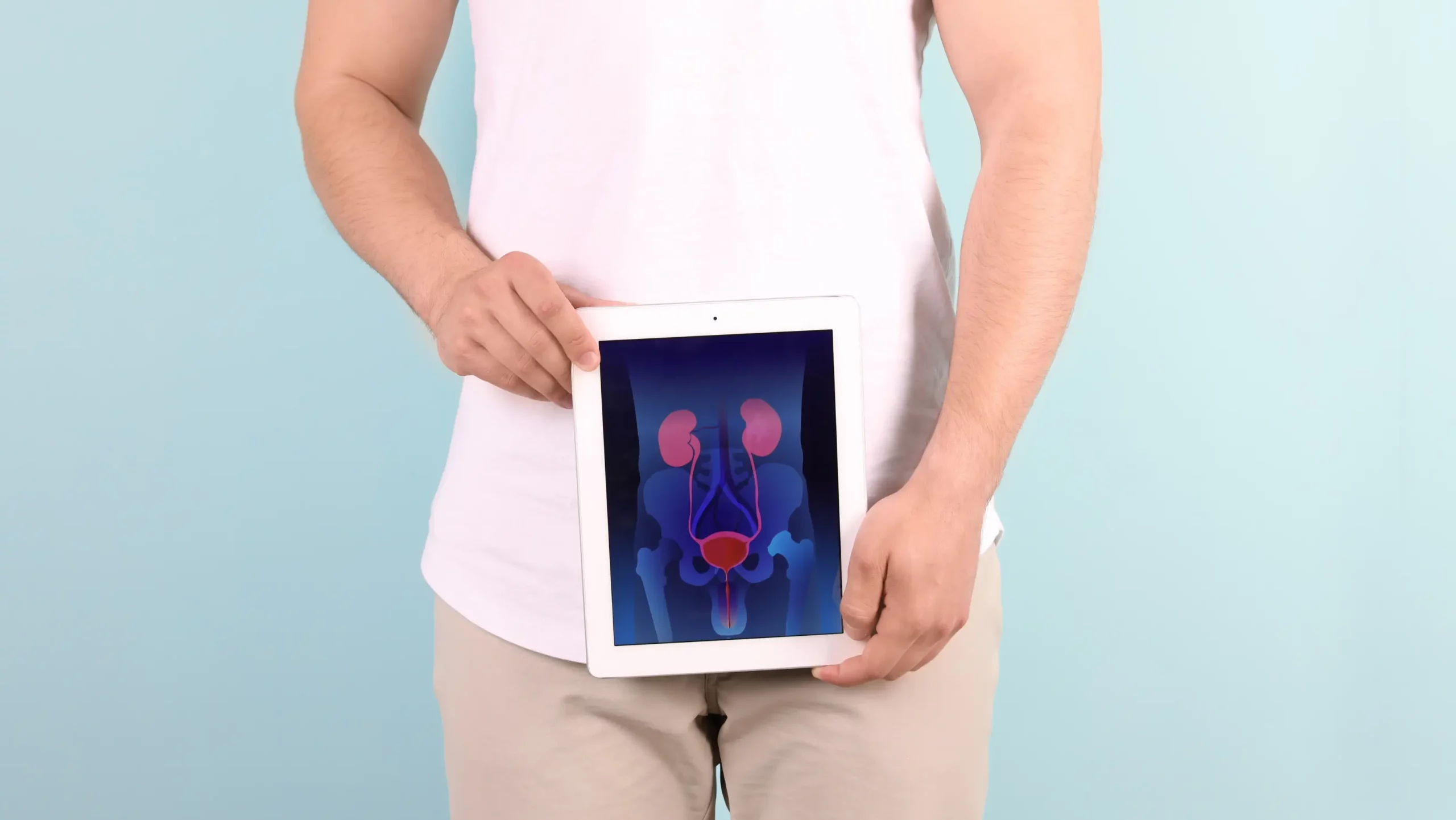
Leave a Reply